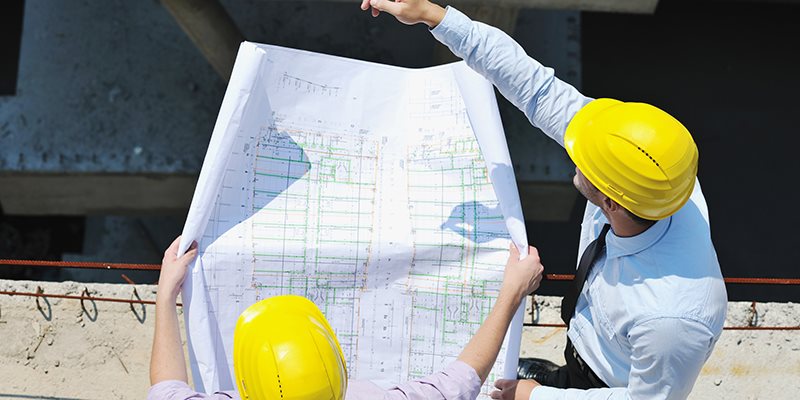

Compliance with Australian Standards, independent certification and traceability provide assurances in terms of quality and safety in manufacture, installation, fit-for-purpose performance and durability.
Australia’s steel supply chain benefits by differentiating its products on the basis of quality. In addition, compliance with Australian Standards and third-party certification of materials used in infrastructure and construction are critical for national productivity and safety.
The ASI advocates that Australia’s state and Commonwealth government procurement policies should mandate the supply of steel products and services that comply with relevant Australian Standards, that products supplied are independently certified by the Australasian Certification Authority for Reinforcing and Structural Steels (ACRS) and that fabrication work be subject to certification under the relevant Construction Category through Steelwork Compliance Australia (SCA).

While state governments are largely responsible for the management and delivery of infrastructure projects, the federal government is responsible for a significant proportion of the funding of these projects.
The ASI contends that adherence to the Steel Procurement Rules must be a condition of Commonwealth funding for any project.
The ASI advocates the creation of a new set of procurement rules relating to steel, established under section 105B of the Public Governance, Performance and Accountability Act 2013.
The current Commonwealth Procurement Rules provide guidance regarding ‘value for money’ in procurement. Given the importance of compliance and certification to national productivity and safety, a specific set of rules relating to the procurement of steel should be developed.
Any Commonwealth procurement of steel products or funding of projects in which steel products are procured must require that:
Buying Australian manufactured and processed steel brings many advantages to customers beyond the broader economic benefits. These include reduced delivery lead times and freight costs, as well as greater reliability of supply and lower inventory requirements.
Australia’s steel value chain offers significant benefits, including the customisation, fabrication and finishing of products to meet unique local aesthetic and environmental requirements, national manufacturer and distributor networks to streamline supply and ensure availability, after-sales and technical support, and high levels of workmanship.
Customers can be sure of the consistency and quality of Australian steel knowing that it complies with Australian Standards and regulations, and that it is supported by an effective and compliant value chain.